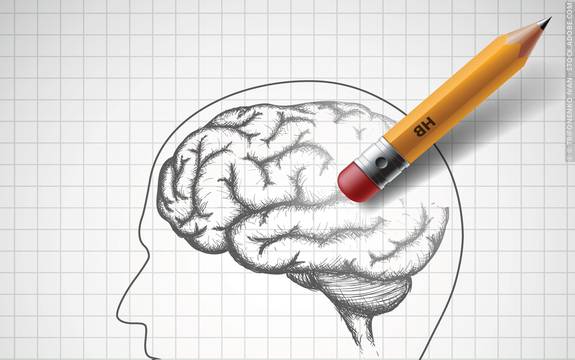Peterson and Peterson investigated one of the factors that causes our short-term memory to decay, i.e. why we forget information in our short-term memory. In 1959, they conducted an experiment that revealed how time between remembering something and having to recall it affected the life of a memory.
Forgetting
Procedure
What is a Trigram, and why use it?
Peterson and Peterson showed participants a trigram - a set of 3 consonant letters, such as ADW. This method would be known as the Brown-Peterson technique, and can be used to remove a number of factors that might affect someone's memorization of a piece of information:
1) The trigram has little or no meaning, unlike asking a person to remember a word which they may associate with something and be able to remember better.
2) There are no vowels in the trigram, preventing any easy pronunciation of the trigram as a word, which makes it more difficult to remember on any other basis than as a trigram.
3) Unlike words, the trigrams are equal in length, making the experiment less biased in terms of the information it requires participants to remember.
In the experiment:
- Participants were asked to remember a trigram (see right).
- Next, they were given a delay between recall in which they were required to perform an interference task, which would reduce the chances of them using techniques to rehearse the data and remember it better. The delay between being shown the trigram and asked to recall it varied between participants - one of the following intervals: 3, 6, 9, 12, 15 or 18 seconds.
- Participants tried to recall the trigram.
Findings
Recall success was around 50% after an interval of 3 seconds and interference task, but this reduced gradually to around 10% over intervals of 6, 9 and 12 seconds, and gradually to around 5% success after 18 seconds.
This suggests that time does indeed result in decay in the short-term memory.
Evaluation of the Experiment
|
Peterson and Peterson were careful to eliminate factors other than time that might affect recall: Interference tasks reduced the chances of rehearsal before recall. |
|
|
In addition to this trigrams were used to eliminate the attached meaning that might be used to remember, for example, words, better. |
|
|
Lacks ecological validity - how often is a person needed to remember trigrams in reality? |



























